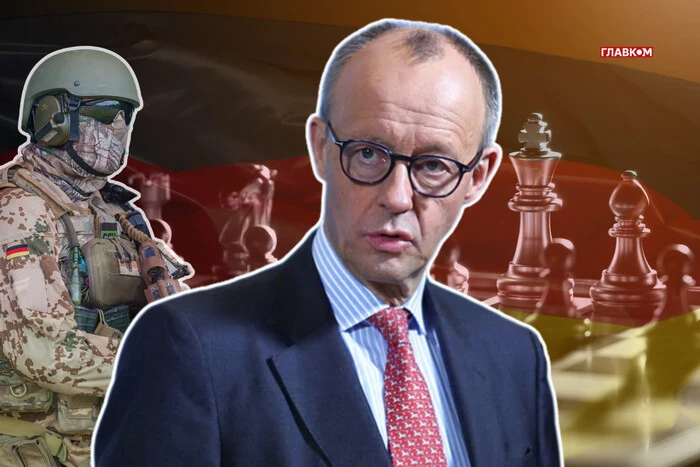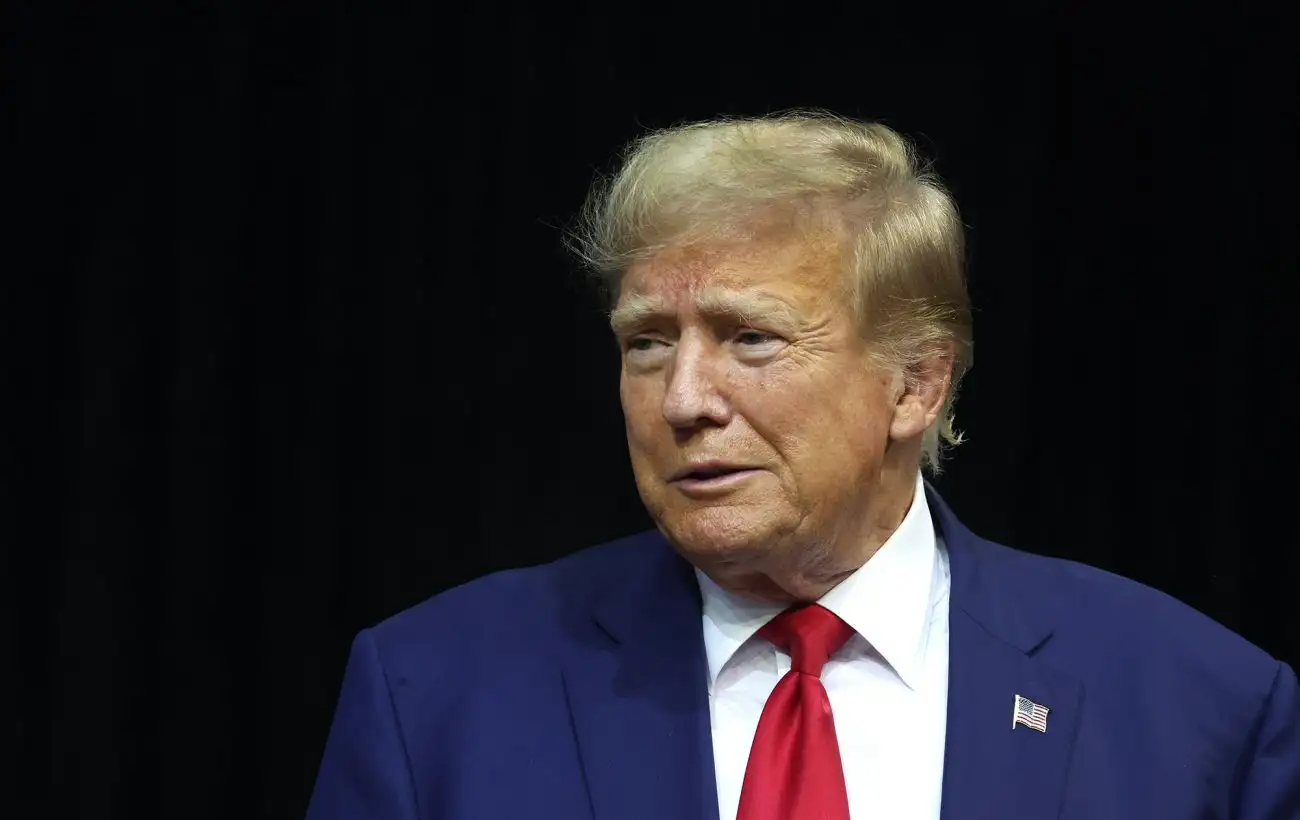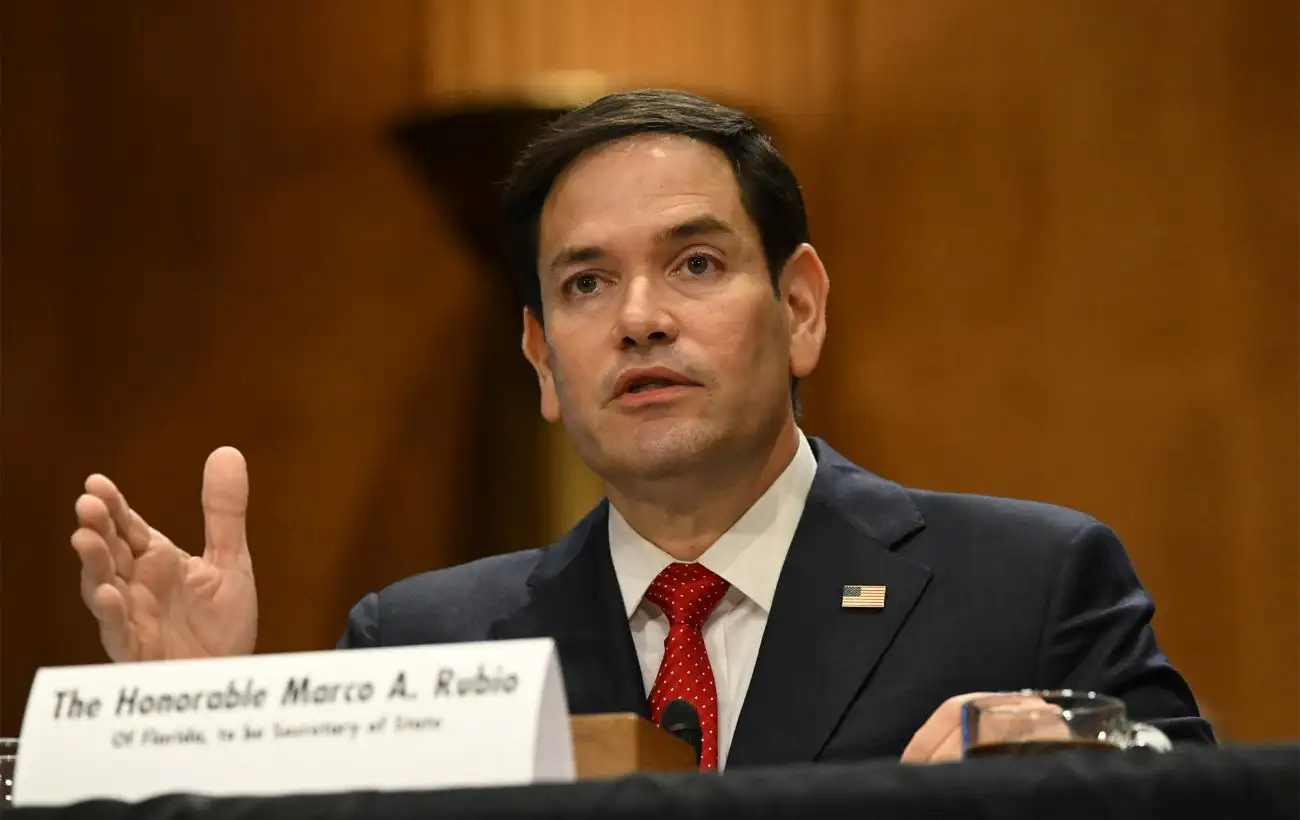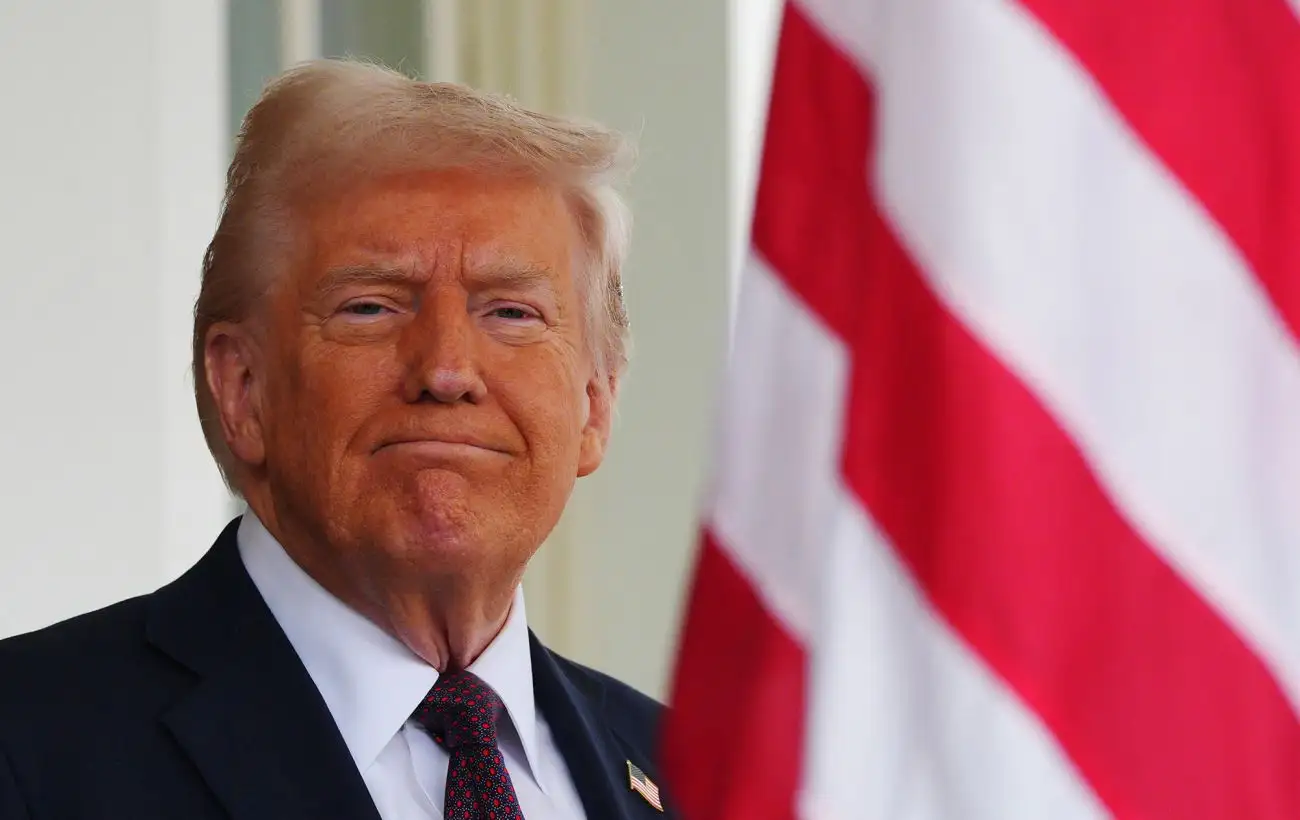Merz Gambit: Germany starts historic rearmament
glavcom.ua
Thu, 03 Apr 2025 21:00:00 +0300

While the European Commission is still drafting its final rearmament plan and the U.S.
and Russia are trying to decide whether theyre playing poker or hockey, Friedrich Merz is already making bold moves.
The leader of Germanys Christian Democratic Union CDU and a top contender for the chancellorship, Merz is playing a highstakes game of political chessone with a trillioneuro prize that could reshape not only Germany, but the entire European Union.
For the first time since the 1930s, Germany is embarking on a major military buildup, pledging to spend that staggering sum over the next decade to strengthen its national defense.
The investment could ultimately surpass the combined cost of the Marshall Plan and German reunification in the 1990s.
Merz made his first key move on March 18 in the Bundestag, followed by a second on March 21 in the Bundesrat.
Both moves delivered historic victories.
The German parliament approved his constitutional reform, lifting longstanding debt limits on defense spending.
Known as the debt brake Schuldenbremse, this austerity policy had been in place since the 20092010 eurozone crisis, restricting Germany to spending only what it earned.
Regional borrowing was capped at 0.35 of GDP, and the federal government was limited to 1.
The irony The architects of that policy were Merzs own political allies.
Former Chancellor Angela Merkel and her finance minister Wolfgang Schuble, both from the CDUCSU bloc, pushed the policy during the eurozone crisis.
They strongarmed Greece followed by Ireland, Italy, Spain, and Portugalinto slashing their budgets in exchange for financial aid.
That austerity push wasnt just economic it was political.
Merkel sought to eliminate what she saw as a moral hazard wealthy German corporations didnt want to keep footing the bill for poorer EU nations.
At the time, it nearly tore the eurozone apart.
And now Merz, who had consistently opposed lifting debt limits, has made a surprise gambit.
Its a risky move that could cost him support among German conservativesbut he has good reasons to make it.
Reason one politics In a few days, the Bundestag will begin work with a new parliamentary composition.
And the farright Alternative for Germany AfD, along with its leftwing counterpart Die Linke, will hold enough power to potentially block key legislation.
Both parties recently tried to halt the Bundeswehrs rearmament through the Constitutional Court.
Court approval alone wouldnt have secured Merz the twothirds vote needed for reform, nor would the backing of the CDUCSUs centerleft coalition partners.
After being accused by the Greens of creating a CDU slush fund, Merz was forced into a major compromise he gave up 100 billion about 108 billion for green transition and carbon neutrality.
The Greens pulled that money from the new 500 billion special modernization fundmoney originally meant to upgrade Germanys outdated infrastructure.
Reason two the economy Former European Central Bank chief Mario Draghi recently laid out two vulnerabilities underpinning Europes stable lifestyle.
One of them was cheap Russian gas.
With the war in Ukraine, Germany cut off that supply.
Add inflation, global market volatility, and energy supply chain disruptions, and Germany landed in a recession.
According to Destatis, the countrys GDP shrank by nearly 1.4 in 2022, and fell again by 0.3 and 0.2 in 2023 and 2024, respectively.
Merzs plan is to loosen fiscal restrictions and hit two targets at once revive Germanys struggling industrial sector so it can compete with the U.S.
and Chinaand boost the defense industry to rearm the country.
By removing debt restrictions, hes opened the door to an unprecedented wave of investment into defense, infrastructure, intelligence, and cybersecurity.
And the markets love it.
Spooked by Donald Trumps foreign policy signals, investors reacted positively.
Yields on European bonds rose, and for the first time in a decade, shares in German defense companies hit record highs.
Amid the market euphoria, however, the looming threat of higher taxes is being ignored.
So are the warnings from German economists, who told the Bundestag that national debt could rise to 90 of GDP within ten years, pushing up interest rates across Europe.
But Merz knows this is a nowornever moment.
Reason three geopolitics Draghis second point was Europes dependency on U.S.
security guarantees.
A new EU strategic paper unveiled in Brussels this week makes it clear Europe can no longer rely on Washington.
And Russia remains the top threat not just to Ukraine, but to the whole continent.
While the EU is still running numbers on how much lifting fiscal limits will grow the overall debt burden, Merz is seizing the moment.
His goal is to restore Germanys lost status as the EUs leading power and policy driver.
But theres growing concern across Europe.
A rapidly growing German economy could give Berlin an unfair advantage over other EU members.
France sees an opportunity in that.
Italy and Spain not so much.
Ukraine remains in the spotlight on this European chessboard. The EUs new rearmament plan includes more military aid for Ukraine, and Merzs own strategy earmarks an extra 3 billion about 3.3 billion to help strengthen Ukraines defense.
But its time to shift that focus from emergency aid and military spending toward joint projects and longterm defense investments.
If Ukraine is going to be part of Europes security architecture, we need our own strategy for this game.















